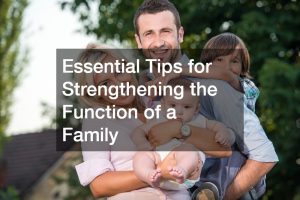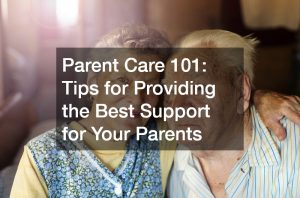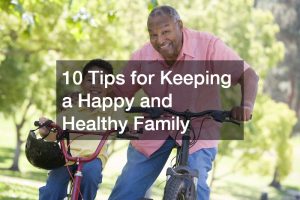In this day and age, there’s no avoiding stress — anywhere in the world. Stress-related issues are significant factors in quality and length of life, and life expectancy in some states can be way below the national average. Work-related tension, health scares, and politics can be real downers, affecting mental and physical health. Medication is the easiest solution, but constantly popping pills comes with its disadvantages. The best way to treat anxiety and depression is by making a few changes to your lifestyle and utilizing natural stress relievers.
Sunlight
Depression shoots up during winter, partly because of the lack of sunlight. Seasonal affective disorder (SAD) or the winter blues is quite common in the US, but a lack of sun can have the same effect in any given season. Exposure to sunlight increases your body’s production of serotonin, a neurotransmitter that regulates your mood, focuses your mind and provides a boost of energy. It governs your circadian rhythm or biological clock, allowing you to reset your waking and sleeping schedule.
Sun exposure also prompts the production of Vitamin D that strengthens bones, reinforces the immune system, maintains sexual functions, and regulates blood pressure. A few minutes under the sun should be enough to get most of the benefits of increased serotonin production. You can bask in the sun by having your breakfast outside or by taking short morning walks to get your blood flowing.
Exercise
Exercise is a great way to channel and release stress in a positive manner. Physical activity taps on your body’s fight or flight instinct — allowing you to channel negative emotions by pummeling a speed bag or running a mile or two. Prolonged moderate to intense activity also releases endorphins into your body. Endorphins are neurotransmitters that target the reward centers of your brain, producing a sense of euphoria. It is usually associated with runner’s highs or with feelings of satisfaction and triumph after an achievement.
Exercise will also keep you gasping for your breath — forcing your body to breathe through your diaphragms. Diaphragmatic breathing or deep breathing has been proven to reduce stress and other negative emotions. While deep breathing is usually taught in Yoga or meditation, it comes naturally to your body once you do a bit of cardio. While you might tire yourself out in your first few sessions, you’ll quickly experience that a bit of exercise will give you more energy throughout the day. Controlling your weight and staying fit will also improve your mood and give you a bit of self-confidence. Regular exercise also pays big dividends as you grow older — maintaining your quality of life, minimizing the risk of cardiovascular diseases, as well as avoiding the high cost of hospitalization and medication for conditions related to obesity.
Sleep
Your body has two phases — catabolic and anabolic. The anabolic state is when your body recovers and heals itself by synthesizing proteins and releasing growth hormones. Your body only shifts to an anabolic state during deep sleep. Conditions like sleep apnea or acute insomnia can prevent your body from transitioning to an anabolic state — leaving you feeling spent and tired in the morning. While sleep apnea requires more stringent actions like using a CPAP device, most cases of insomnia can be solved by adjusting the body’s biological clock.
A few morning walks under the sun should reset your biological clock — make sure to avoid disrupting it with caffeine and artificial lights. The body processes caffeine slowly, sometimes requiring 12 hours to purge it from its system completely. An afternoon cup of coffee can keep you up for another 2-4 hours past your intended bedtime, so try to opt for other drinks like milk or chocolate. Artificial lighting can also mess with your internal clocks. Dim the lights 1-2 hours before bedtime, and try not to use your phone or laptop during that period.
Balance
One big part of dealing with stress is finding balance. If you find an activity stressful and you can find a way around it — then do so. If doing the laundry stresses you out, head to laundromats that offer wash and fold services. Tired of cooking? Eat out or get food delivered. Money spent to avoid stress is money well spent. Forgo a cup of coffee every now and then to pay for more important things. Make a few small sacrifices so you can pamper yourself when you need to.
Stress is a part of life — and so is dealing with it. Make a few lifestyle changes to reduce or eliminate stress and live a happier and healthier life.











